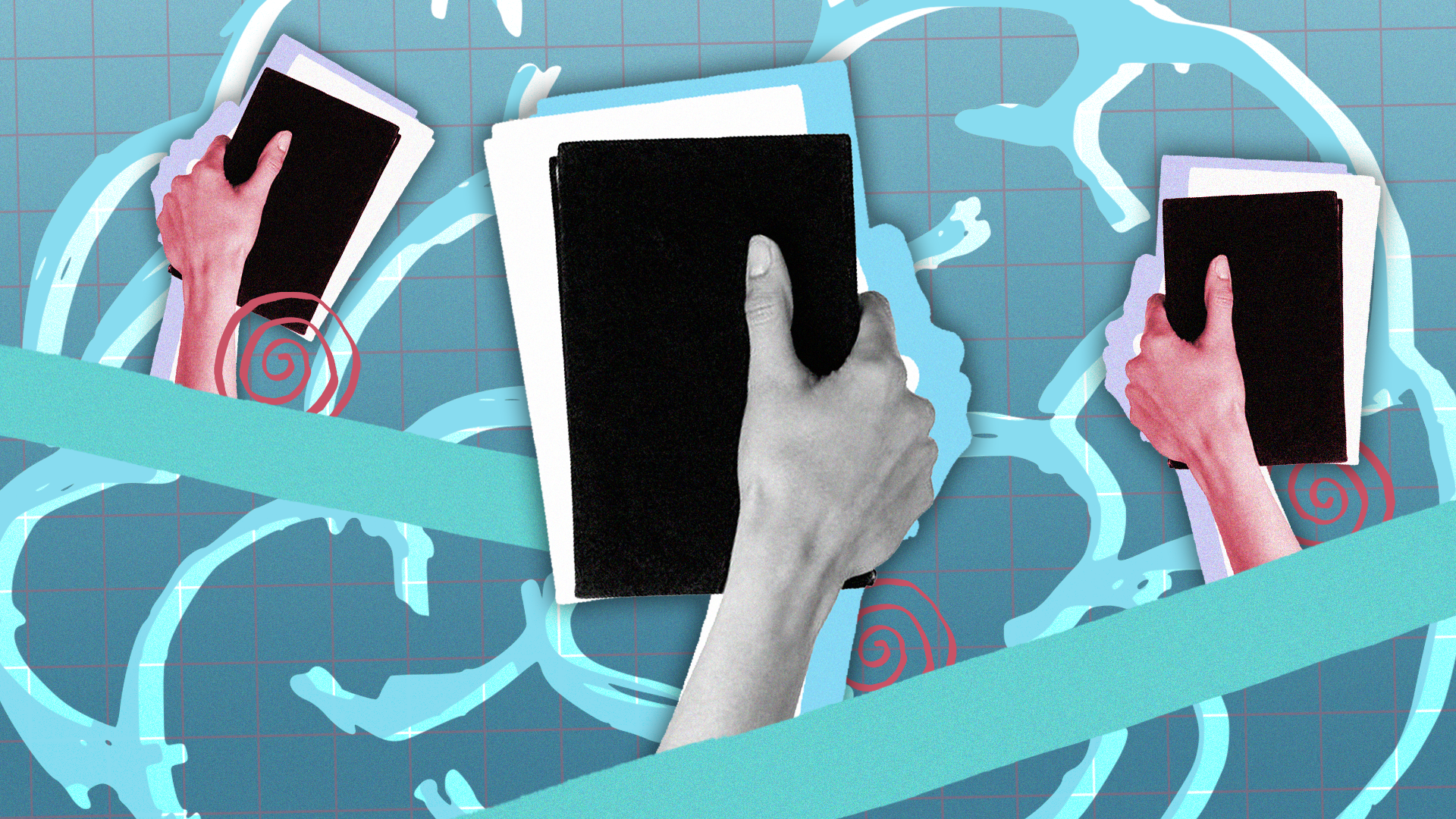Warmer weather and longer evenings are finally here. A welcome respite from endless winter days, summer is often seen as a chance to get outside and focus on our mental health. And while it may not involve much physical activity, reading a book in the sun may be just the brain food you need.
With the change in the seasons comes a change in priorities.
Today this is largely driven by the wellness trend, a movement earmarked by sunlit jogs and beachside Pilates. But besides being equal parts alienating and arrogant – often adopting a slim white woman as its poster girl – the wellness trend is, at its core, a paradox.
Encouraging us to get outside and ‘work on ourselves’, wellness advice comes straight from social media. The only way to take head of these instructions is to turn first to our phones, the very thing that wellness culture encourages us to relinquish.
If, like me, you find athleisure-clad influencers more of a hindrance to your mental health than anything else, it may be worth finding alternative ways to step back from social media. After all, jogging and Pilates aren’t the only wholesome things we can do to make the most of the sunshine.
Picture this: it’s a balmy summer day, at least 20 degrees (the de-facto temperature for an ideal British summer day) and you’re spread eagle on a blanket reading a good book.
For avid readers, this scenario is all-too familiar. But if you’re new to books, envious of those who can focus on reading, or perhaps even turned-off by the concept, then the mental and emotional benefits of becoming a book-worm might surprise you.
As we all know, sunshine may be a suitable distraction from bouts of seasonal depression and anxiety, but it isn’t a long-term cure. In the UK, around 1 in 4 of us will experience some form of mental health problem each year.
The everyday struggle of coping with anxiety can at times feel endless. But it’s even more overwhelming to fight this battle alone; only around one third of people living with anxiety will seek professional help.




















